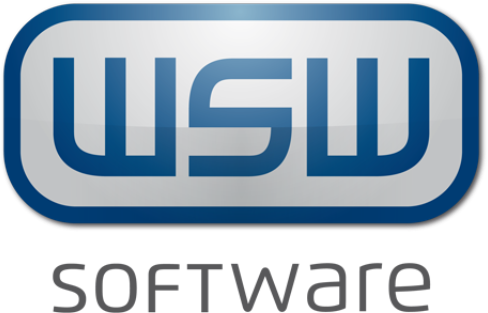Monitoring & Analysis
How your company data becomes transparent
Even though we all work with numerous systems and a lot of data is stored in them, it is used far too rarely. Yet, analysis and monitoring can answer fundamental questions and evaluate business-critical information.

When data is not used
How is my company doing? Is production reaching the targets set? Can we serve all delivery call-offs on time? In order to get answers to these questions, you need to have transparency over the data you collect in your company. Analyses and monitoring support you in this.
What is meant by monitoring and analysis?
Monitoring simply means observation - it is about viewing or measuring the current state of data and systems up to real-time monitoring.
Analysis on the other hand, describes evaluations that can also take place subsequently. This can be a simple ordering of data. However, the possibilities also extend to precise investigations of individual facts or evaluations that answer complex questions.
Both approaches are subject to the major goal of creating transparency. This becomes more complex with the increasing complexity of processes, the use of more and more systems and an increasing number of sensors. This is because data is available in different formats, different source systems and different quality. The challenge now is to be able to make the most reliable and accurate statements possible about your company with the help of monitoring and analyses.
Do you know these challenges?
Why is existing data being used too poorly? In our experience, the problems arise in several places:
- Data collection: In order to be able to observe and evaluate data, data must be available. In many areas of the company, employees have reservations about collecting data or having it collected. There are many reasons for this, from data protection concerns to fear of the consequences of monitoring key performance indicators more closely to the time required. In addition, in some cases the technical possibilities are simply lacking because processes are not mapped digitally and data collection would therefore mean an unreasonable additional effort.
- Data quality: The data that are available may be stored in different systems that have no or only poor interfaces. Or the same data are recorded in several systems at once, but do not match, neither quantitatively nor qualitatively. The cleansing of data and the merging into a single system often does not take place due to a lack of resources.
- Evaluation: Here you can see once again quite clearly whether the quality of the data fits your needs: If you only collect certain data on a weekly basis, you will not be able to create a daily updated evaluation. Often, the right tools are not available to present evaluations clearly and you have to make do with Excel tables. Sometimes, the lack of a corporate strategy with defined business processes is the only reason for failure. KPIs. In such cases, an evaluation of your key performance and business indicators is simply not expedient.
If one or more of these problems apply to your company, then it is advisable to address them: Obstacles to becoming a data-driven company are many. But it should be a central goal for the growth of yours, also in order to be and remain competitive in the long term.
Advantages
Recognize weak points
Where are the problems? Which processes do not function smoothly? Where are there bottlenecks? Companies need answers to these questions. But you can only really find them reliably with the help of monitoring and analyses, and thus eliminate problems in the long term.
Exploit optimization potential
With JUNIQ, you work with the latest SAP technologies with all their advantages over predecessor solutions. These include SAP Fiori, Core Data Services, ABAP Objects and Clean Code for ABAP. Regardless of the data format, JUNIQ ensures that all information from and to the customer is transferred to your system correctly and in compliance with the rules. Process-specific or fundamentally missing data is supplemented by JUNIQ in the outgoing messages ASN (XML) and INVOICE (IDoc).
Making better use of investments
If you have an SAP ERP or S/4HANA in use or modern machines with sensors and intelligent interfaces: Then it is a waste not to use the available data to increase profitability.
Our services
Business Analytics Consulting
SPEEDI and JUNIQ as a supplement for ERP and S/4HANA
YODA KPI Packages

Director Business Unit Business Analytics
T: +49 89 895089 488
M: miriam.kagelmann@wsw.de


